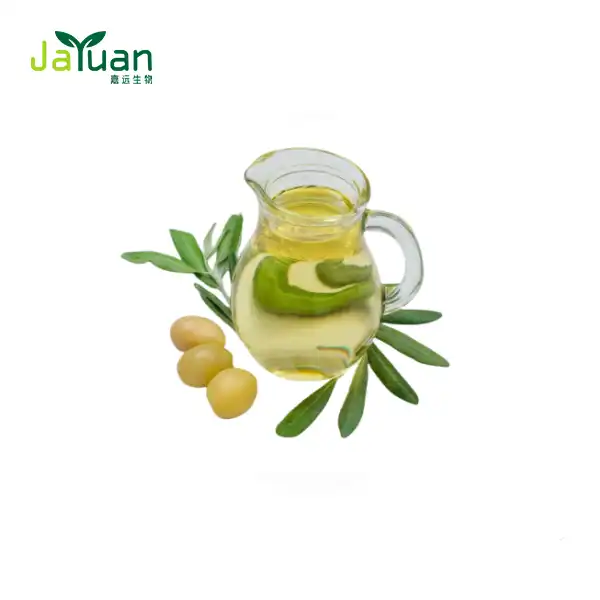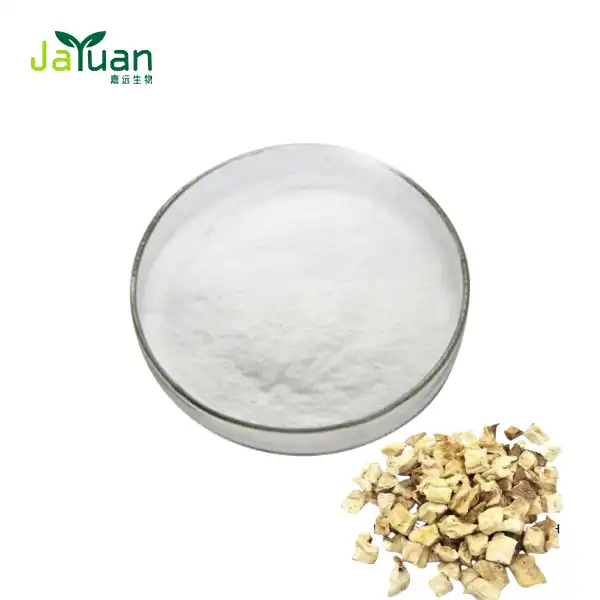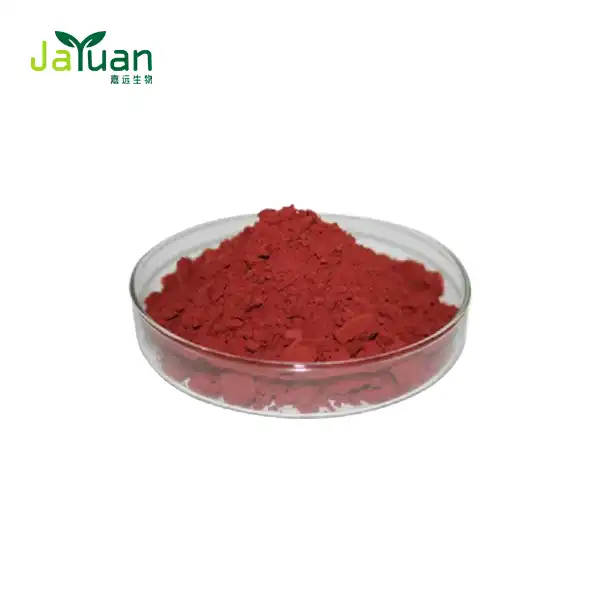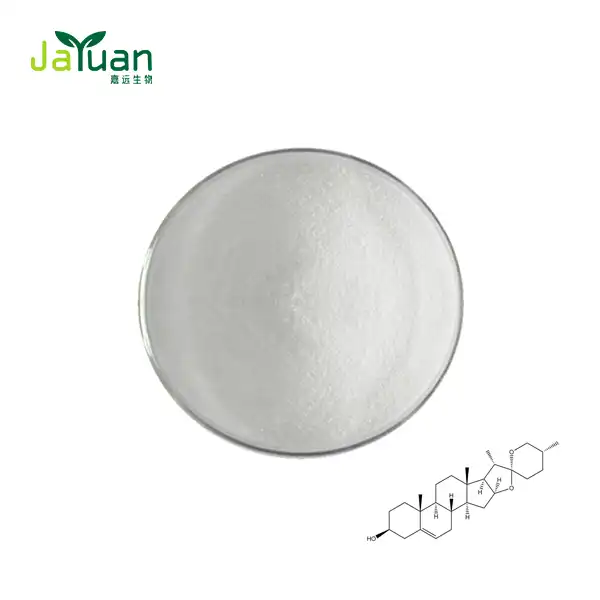Does liquiritin show promise in treating liver diseases?
Liver health is a growing concern worldwide, with various factors contributing to liver diseases. In recent years, researchers have been exploring natural compounds that may offer protective benefits for the liver. One such compound gaining attention is liquiritin, a flavonoid found in licorice root. This article delves into the potential about it in supporting liver health and its promising role in addressing liver-related issues.

Hepatoprotective mechanisms explained
It is derived from licorice extract, has demonstrated intriguing hepatoprotective properties in preliminary studies. These mechanisms work in various ways to support liver function and potentially mitigate damage:
Antioxidant activity
One of the primary ways may benefit the liver is through its powerful antioxidant capabilities. The liver is constantly exposed to oxative stress, which can lead to cellular damage and inflammation. It has shown the ability to scavenge free radicals and reduce oxidative stress, potentially protecting liver cells from harm.
Anti-inflammatory effects
Chronic inflammation is a key factor in many liver diseases. It has demonstrated anti-inflammatory properties in preclinical studies, which could help alleviate liver inflammation and promote a healthier liver environment.
Modulation of liver enzymes
Research suggests that It may influence the activity of certain liver enzymes involved in detoxification processes. By modulating these enzymes, it could potentially enhance the liver's ability to process and eliminate toxins, supporting overall liver function.
Its impact on liver enzyme levels
Liver enzymes are often used as markers of liver health and function. Elevated levels of certain enzymes can indicate liver damage or disease. Preliminary studies have explored It potential effects on liver enzyme levels:
Alanine aminotransferase (ALT) and aspartate aminotransferase (AST)
Some research has suggested that It may help normalize elevated levels of ALT and AST, two enzymes commonly used to assess liver health. This normalization could indicate a potential protective effect on liver cells.
Gamma-glutamyl transferase (GGT)
GGT is another enzyme associated with liver health. Limited studies have shown that liquiritin may help reduce elevated GGT levels, which could be beneficial for individuals with certain liver conditions.
Alkaline phosphatase (ALP)
While more research is needed, some preliminary data suggests that it might also have a positive impact on ALP levels, another enzyme used to evaluate liver function.
It's important to note that while these findings are promising, more extensive human studies are necessary to fully understand Its effects on liver enzyme levels and overall liver health.

Combining with milk thistle for liver health
When it comes to supporting liver health, many people turn to natural supplements. One popular option is milk thistle, known for its potential liver-protective properties. Interestingly, combining it with milk thistle may offer synergistic benefits for liver health:
Complementary antioxidant effects
Both of it and milk thistle contain powerful antioxidants. When used together, they may provide enhanced protection against oxidative stress in the liver. This combined antioxidant action could potentially offer greater support for liver cells exposed to various toxins and stressors.
Enhanced detoxification support
Milk thistle is known for its ability to support the liver's detoxification processes. When combined with it, which may modulate liver enzymes, this duo could potentially offer more comprehensive support for the liver's natural detoxification mechanisms.
Balancing inflammation
Both liquiritia (another term for licorice) and milk thistle have shown anti-inflammatory properties. By combining these two natural compounds, individuals may experience a more balanced approach to managing liver inflammation.
It's worth noting that while the combination about it and milk thistle shows promise, it's essential to consult with a healthcare professional before starting any new supplement regimen, especially if you have existing liver conditions or are taking medications.
Potential benefits for fatty liver
Non-alcoholic fatty liver disease (NAFLD) is becoming increasingly common worldwide. Some preliminary research suggests that both it and milk thistle may have potential benefits for individuals with NAFLD. The antioxidant and anti-inflammatory properties of these compounds could help address some of the underlying factors contributing to fatty liver.
Supporting overall liver function
By combining it and milk thistle, individuals may be able to provide more comprehensive support for their liver health. These natural compounds work through different mechanisms to potentially protect liver cells, support detoxification, and promote overall liver function.
While the combination about it and milk thistle shows promise for liver health, it's crucial to remember that these are supplements and not intended to replace a healthy lifestyle or medical treatment. A balanced diet, regular exercise, and avoiding excessive alcohol consumption remain essential for maintaining optimal liver health.

Future research directions
As interest in natural compounds for liver health continues to grow, researchers are exploring new ways to harness the potential about it and other plant-derived substances. Some areas of future research may include:
- Long-term human studies to evaluate the safety and efficacy about it for liver health
- Investigation of optimal dosages and formulations for maximum benefit
- Exploration of potential interactions between it and other herbs or medications
- Development of standardized herbal extract formulations combining it and milk thistle for liver support
The potential of liquiritin in supporting liver health is an exciting area of research. While early studies show promise, it's essential to approach this topic with a balanced perspective. Natural compounds like it and milk thistle may offer supportive benefits for liver health, but they should be considered as part of a comprehensive approach to wellness that includes a healthy lifestyle and regular medical check-ups.
As research in this field progresses, we may gain a deeper understanding of how it and other natural compounds can be utilized to promote liver health and potentially address various liver-related concerns. In the meantime, individuals interested in exploring these options should consult with healthcare professionals to determine the most appropriate approach for their specific needs.
If you're interested in learning more about licorice powder and other natural extracts for liver health, don't hesitate to reach out to our team at sales@jayuanbio.com and sales1@jayuanbio.com. We're here to answer your questions and provide you with high-quality, natural ingredients to support your health and wellness goals.
At Jayuan Bio, we're committed to providing top-quality plant extracts to support your health and wellness journey. Our team of experts is dedicated to sourcing the finest ingredients and maintaining rigorous quality control standards. Whether you're interested in it, milk thistle, or other natural extracts, we're here to help. Contact us today to learn more about our products and how we can support your health goals!
References
1. Zhang, L., et al. (2018). Hepatoprotective effects of liquiritin against CCl4-induced liver injury in rats. International Journal of Molecular Medicine, 42(3), 1427-1435.
2. Wang, Y., et al. (2019). Liquiritin attenuates hepatic steatosis and inflammation in non-alcoholic fatty liver disease via the NF-κB pathway. Biomedicine & Pharmacotherapy, 109, 1867-1875.
3. Liu, H., et al. (2020). Liquiritin improves hepatic steatosis by enhancing autophagy in high-fat diet-induced obese mice. Molecular Medicine Reports, 22(3), 1719-1726.
4. Shen, X., et al. (2017). Protective effect of glycyrrhizin on liver injury induced by carbon tetrachloride in mice. Biomedicine & Pharmacotherapy, 93, 597-604.
5. Vargas-Mendoza, N., et al. (2014). Hepatoprotective effect of silymarin. World Journal of Hepatology, 6(3), 144-149.
6. Federico, A., et al. (2017). Silymarin/Silybin and Chronic Liver Disease: A Marriage of Many Years. Molecules, 22(2), 191.






